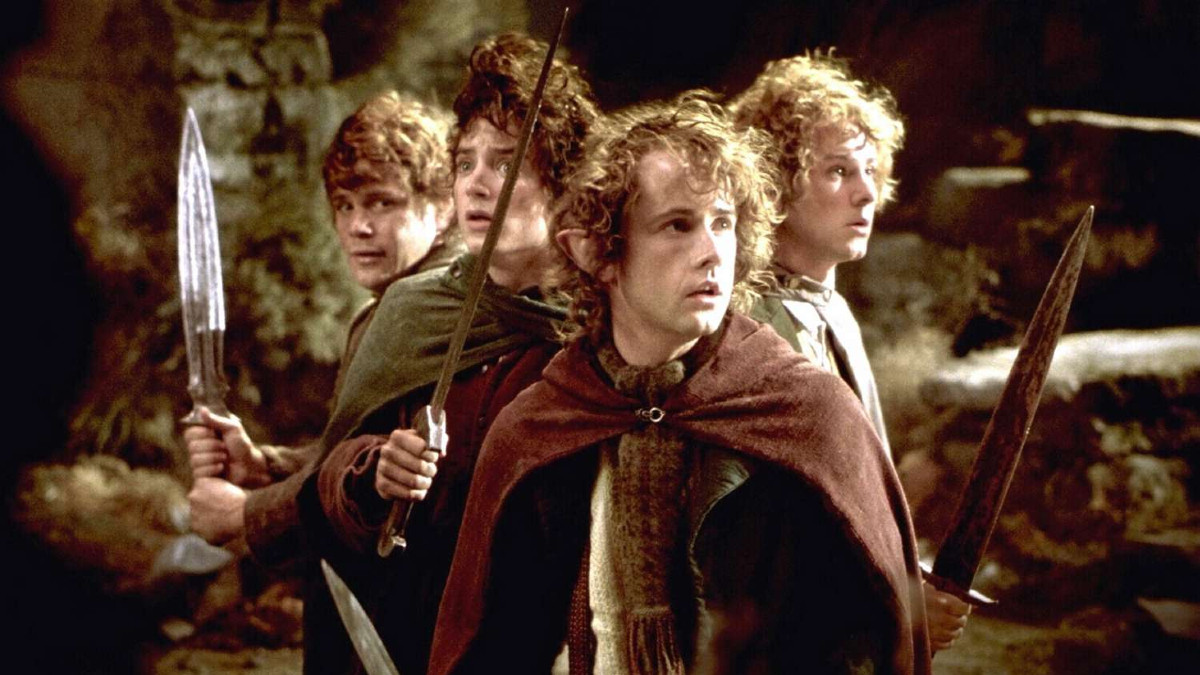‘Rings of Power’ still fails to capture the true magic of ‘Lord of the Rings’

J.R.R. Tolkien’s creation of Middle-earth and all that it entails is epic in proportion—however, for myself, the magic of his work does not lie in its grandness. This is what Amazon’s The Lord of the Rings: The Rings of Power series has failed to understand in its adaption of Tolkien’s work.
Though it is widely believed that Tolkien’s main goal in creating Middle-earth was to create a “mythology for England”—this has recently been heavily debated—there’s no denying the epic scale of his work, from a creation story all the way to the age of men, a precursor to our modern world where magic has faded and industrialization rules. His world comes with a long and rich history, one of the rise and fall of empires, the struggle over power and peace, and the fight for good against the might of evil. The latter point is where The Lord of the Rings trilogy and The Rings of Power series differ.
The heart of The Lord of the Rings
To preface, The Lord of the Rings was written by Tolkien as a full story, whereas the period covered by The Rings of Power, the Second Age of Middle-earth, is not. This period is mainly covered in The Silmarillion (Tolkien’s Bible-like history of Middle-earth) and also in the appendices of The Lord of the Rings novels (Amazon only has rights to the latter).
In The Lord of the Rings, we have set main characters, with the protagonist of the series being the Hobbit Frodo Baggins, and, to a strong extent, his friend Samwise Gamgee. Frodo and Sam, the small, unworldly Hobbits, hold the fate of Middle-earth on their shoulders; not the warrior-king Aragorn, not the powerful wizard Gandalf, or the immortal elves such as Galadriel, but the unassuming little folk.
This is what makes The Lord of the Rings so powerful and poignant. Out of all the stories and characters Tolkien created, this, and The Hobbit (also centered on the same principle) are the ones he chose to expand, not the great histories of noble houses and powerful rulers that make up much of The Silmarillion.
The majority of us can relate more to Hobbits than we can to the immortal Elves, the proud Dwarves, or the royal line of Men. In Frodo and Sam (and Merry, Pippin, and Bilbo by extension) we can see that, no matter how small we may be in this big world, we can make a big impact if we choose to do the right thing.
The Rings of Power is less about the little guy
This is where The Rings of Power struggles a little. Sure, I understand that the story is not the same—Amazon is adapting a part of Tolkien’s work that does not have a “little guy” character. The series adaptation does try to provide us with one in the form of Nori and her friend Poppy, but their story has yet to impact the larger theme of the series which sets them apart from The Lord of the Rings’ main protagonists.
Instead, the characters that are the center of the story are the high and mighty, the top brass of the Elves in the form of Galadriel, Elrond, and High King Gil-galad, the King and Prince of the Dwarves, Durin III, and Durin IV, as well as Sauron, the Dark Lord himself. Though the political machinations of these characters are interesting, we cannot relate to them in the same way. They are not the “little guy,” they are mired in squabbles, in politics, and in problems of their own making.
This resembles the popular HBO series Game of Thrones and its spin-off, House of the Dragon. Though in many ways, it’s entertaining to watch powerful people struggle through enormous turmoil, it doesn’t leave us with the same feeling. Tolkien wanted to show the courage and bravery of the undervalued heroes, much like his friends who were sent into the horrors of WWI. Individuals who were not fighting for praise or recognition, but because it was the right thing to do. This is where The Rings of Power still falls short, and some of Tolkien’s magic is lost.
Have a tip we should know? tips@themarysue.com